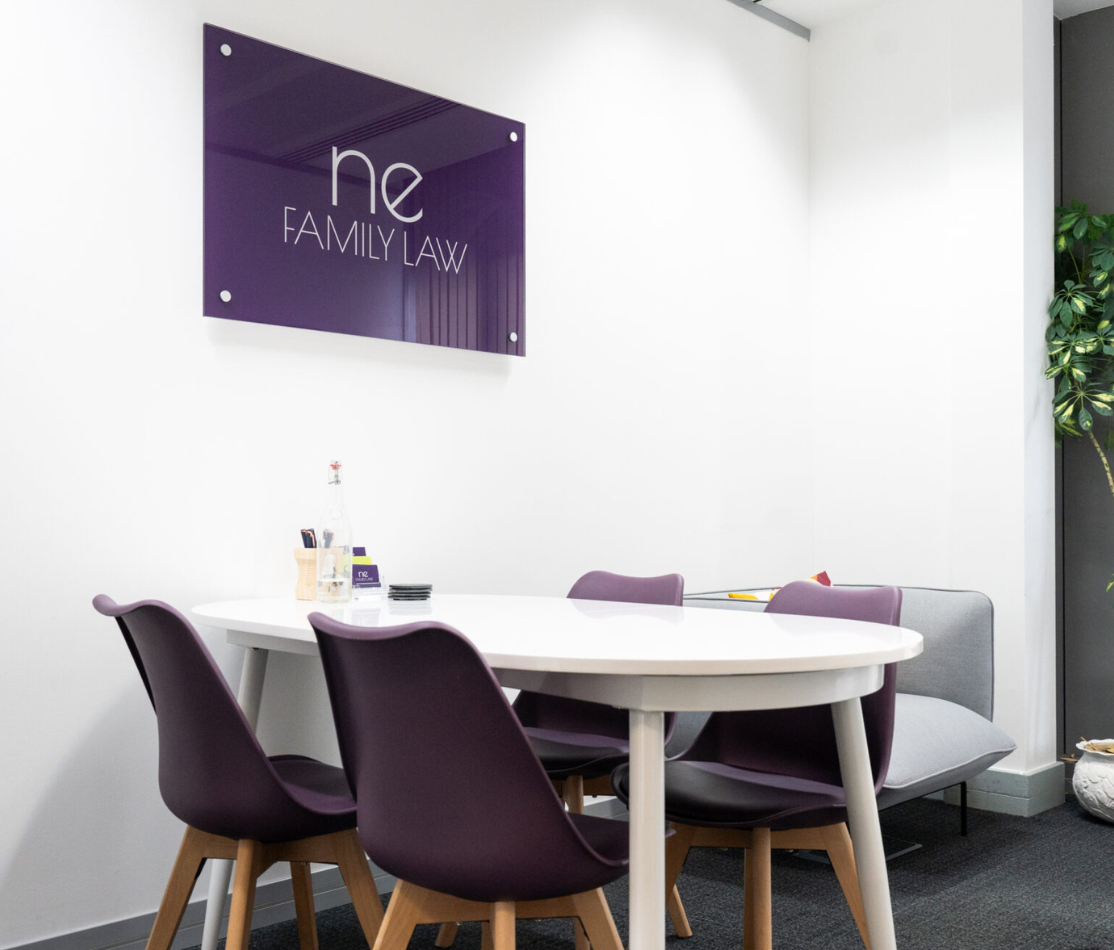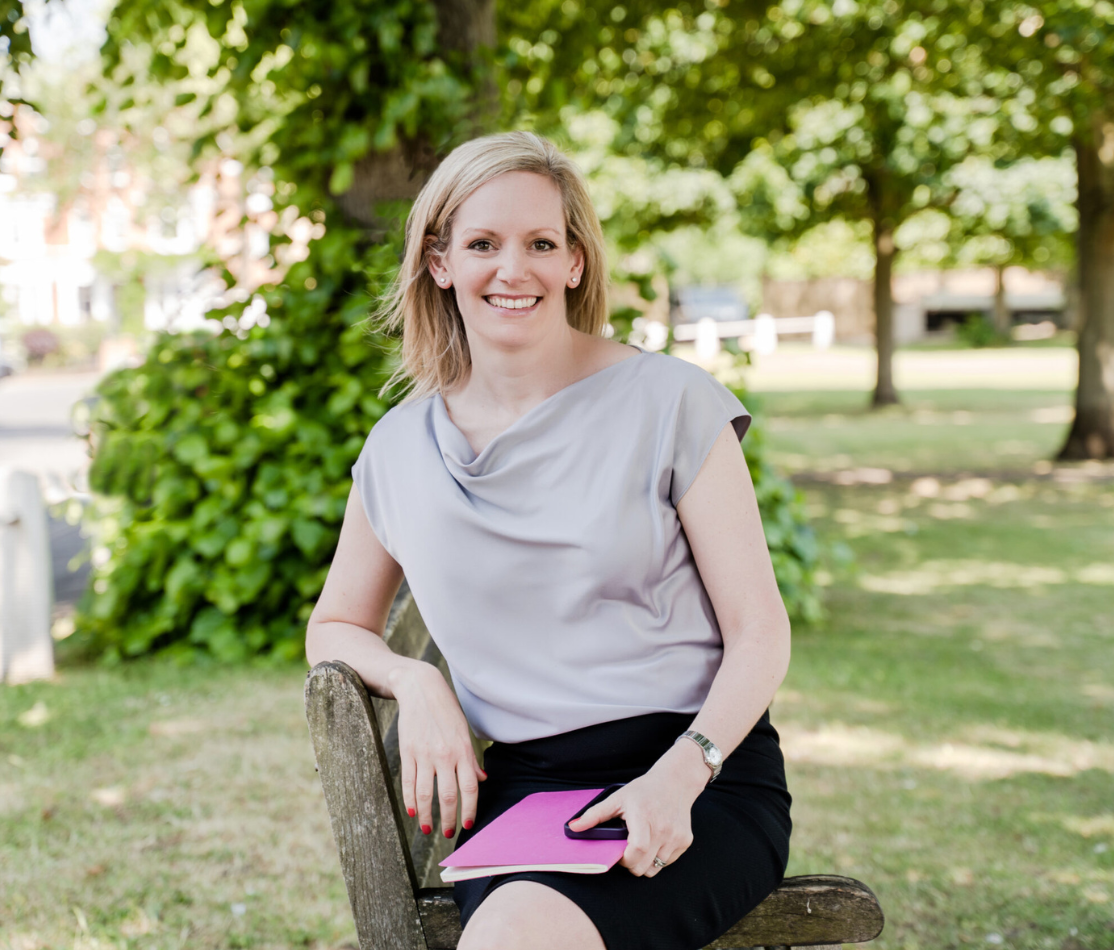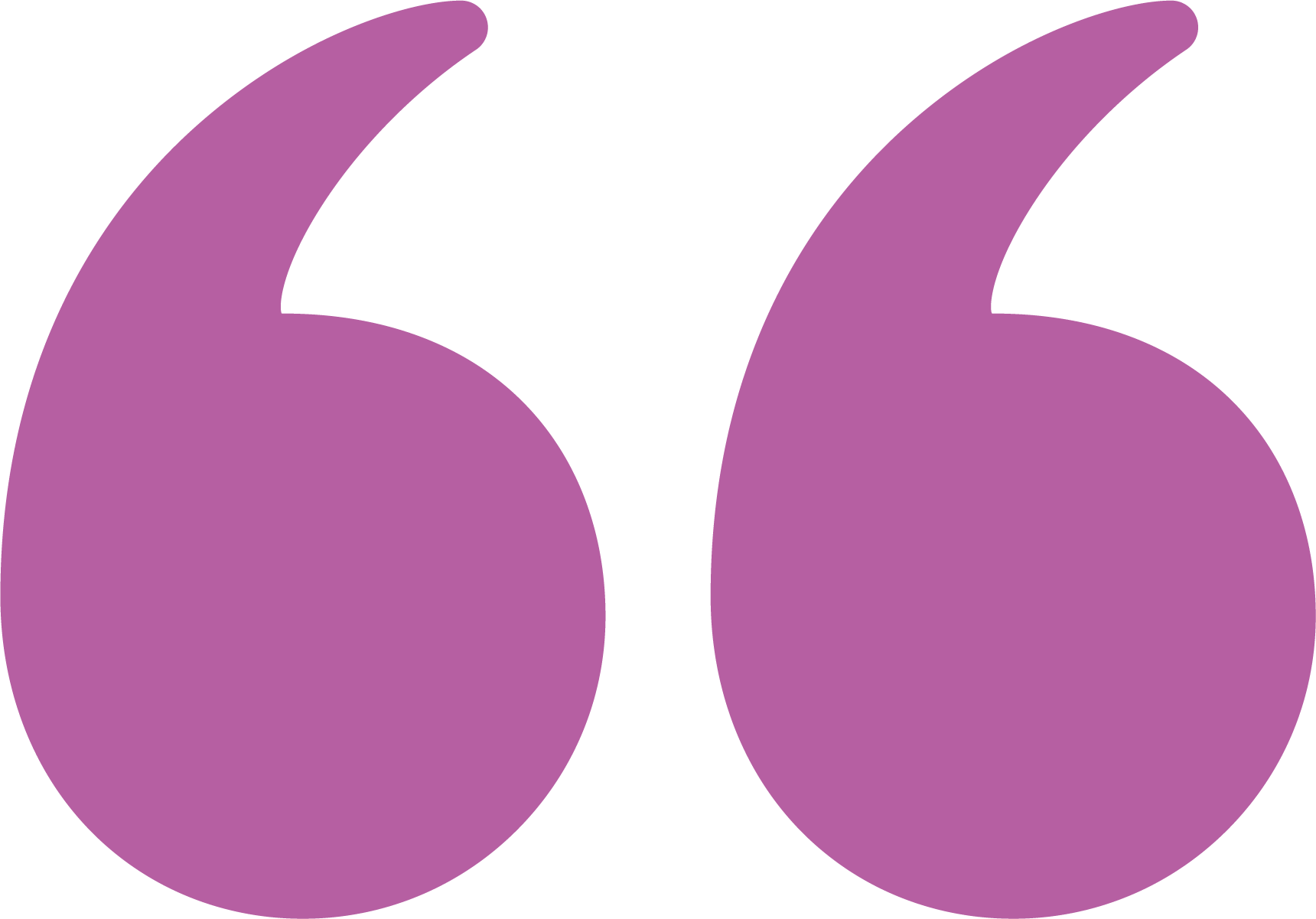
Mediation is a form of non-court dispute resolution that provides a voluntary and confidential way for couples to resolve issues such as child arrangements and financial matters. The process is focused on helping both parties reach a mutually agreeable resolution while looking toward the future, rather than focusing on past grievances. Mediation is designed to promote cooperation, ensuring decisions are made in the best interest of both parties and, most importantly, the children.
The process is facilitated by a neutral third party, known as the mediator, who does not make decisions or impose solutions. Instead, the mediator helps guide discussions, encouraging both parties to explore potential solutions that work for them. Mediation is child-focused, aiming to minimise the impact of separation on children and ensure that their needs are considered.
If you’re considering mediation or facing challenges in resolving child arrangements, financial matters, or any other disputes, please call us on 0203 924 8462 or fill in our contact form. Our experienced mediators offer clear, impartial advice and will guide you through the mediation.
We can assist wherever you are based.
Mediation is flexible and there are several types. The appropriate model for your situation will depend on the circumstances. Here is a summary of the different types of mediation:

Emma Post is a Resolution-trained ‘all issues’ mediator, meaning she can facilitate mediation in a wide range of matters arising from separation or divorce. These include formalising your separation, child arrangements, and financial issues, as well as helping improve communication and supporting cooperative parenting.
Mediators are impartial and do not take sides. They will not make decisions but instead share the benefit of options, provide neutral information, and offer guidance. Mediators can provide legal and practical information and speak generally about legal principles but cannot provide legal advice. A mediator’s role is to help facilitate discussions to move forward and make progress.
Mediators will not set the agenda or decide the issues for you, but will support you both in expressing your views, managing the process, and focusing on the future. They ensure that mediation remains focused on progress, and if necessary, they will review whether the process should continue when disagreements or impasses arise.
They can also prepare documents outlining any agreements reached, which can then be reviewed with your family lawyer.
How Does Mediation Work?
You can download our Family Mediation Guide here
Mediation offers several advantages, particularly when compared to traditional court processes. These include:
If you wish to discuss our mediation service further, please do not hesitate to contact Emma Post.



"With the support from NE Family Law, a team of specialist family lawyers have positively impacted my life by changing my life with a much better outlook. Speaking to Nicki and Emma helped me see light at the end of the tunnel. Not only meeting great listeners but also receiving a great deal of emotional support throughout my long legal journey that helped me undergo all the ups and downs at that time."
"I have recently finished working with Emma after almost 2 years. Both Nicki and Emma have been brilliant to work with over this time, providing expert guidance and advice on very personal matters. Emma has been incredibly efficient, pragmatic and has dealt with issues in a sensitive manner. I'm sure Emma has many clients at any one time, but I always felt that she truly engaged with my case and gave it a personal touch that I needed. I would highly recommend Emma to anyone looking for family law services."

Whether you’re looking to resolve a dispute through mediation, agree on arrangements amicably, or need assistance with the mediation process, we’re here to help.
Before mediation can begin, each person must attend a separate and confidential meeting with the mediator. This meeting provides information about the process, explores suitable options, and helps decide whether mediation is appropriate. It is an important first step in understanding your choices and the way forward.
If you are considering mediation or would like more information, please contact Emma Post.